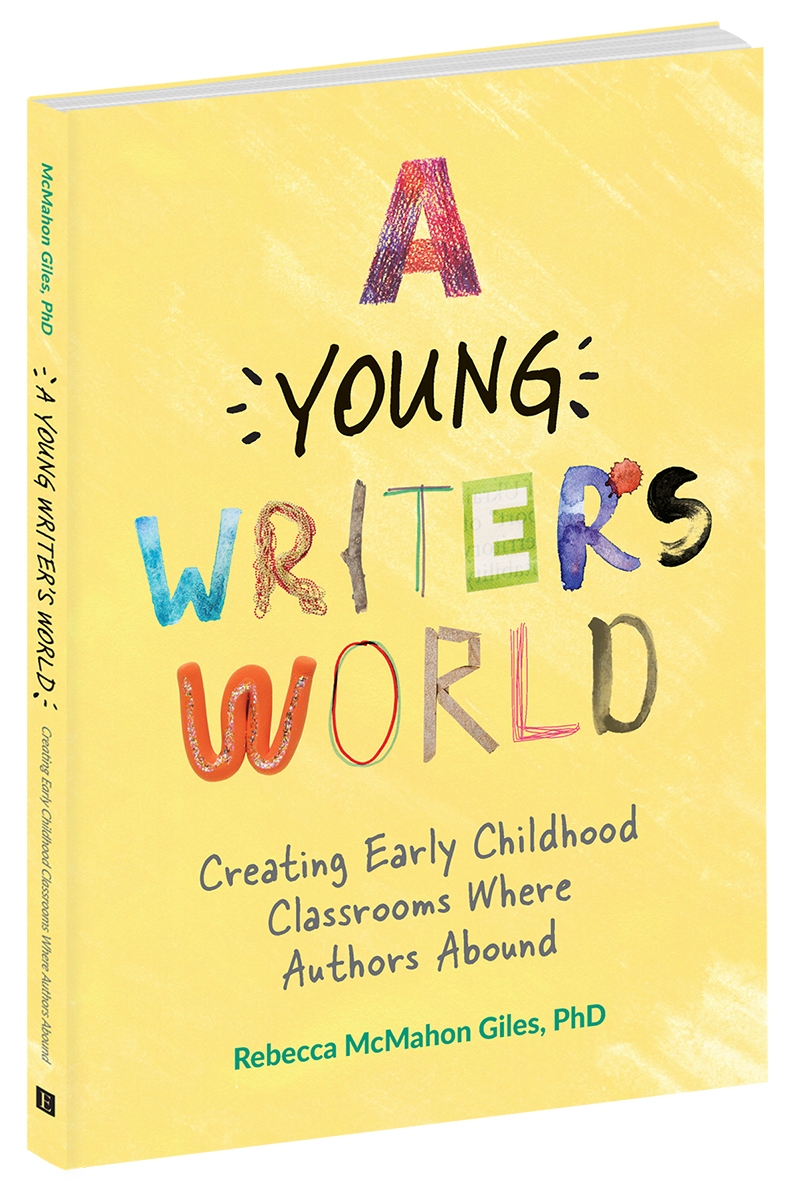ExchangeEveryDay Past Issues
 << Previous Issue
| View Past Issues | | Next Issue >>
<< Previous Issue
| View Past Issues | | Next Issue >> Are We Raising Writers?
July 22, 2021
If you're never scared or embarrassed or hurt, it means you never take any chances.
-Julia Sorel, author
-Julia Sorel, author
So many steps forward in human history have come about because of persuasive writing. Mohandas Gandhi, who famously employed nonviolent resistance to lead a successful campaign for India’s independence from British rule, also utilized the power of writing to inspire movements for civil rights and freedom across the globe.
On October 22, 1925, Gandhi published a list he called the Seven Social Sins in his weekly newspaper Young India.
In 1947, Gandhi gave his grandson, Arun Gandhi, a slip of paper with this list, saying that it contained “the seven blunders that human society commits, and that cause all the violence.” Three months later, Gandhi was assasinated by a Hindu extremist.
Recent research around the world paints a discouraging picture of children’s feelings about writing. For example, an article on the website of the National Literacy Trust in the U.K, reports on a research study “which shows that just one fifth of children and young people (20.7%) write daily outside the classroom. This is a significant drop since 2014 when more than a quarter of pupils (27.2%) put pen to paper or wrote digitally every day outside school. In fact, more than a quarter of children (28.1%) now say they rarely or never write something that isn’t for school.”
Rebecca Giles wrote her book, A Young Writers World, specifically to provide resources early educators could use to help raise enthusiastic writers. She explains:
“Young children gain valuable experience in programs that encourage them as authors…The setting, however, can sway an individual for or against any endeavor, which makes it essential to consider how features of the classroom environment affect the writers it is intended to support. Environments that provide the time, materials, and challenges that allow children’s development as authors to flourish must be intentionally planned.”
On October 22, 1925, Gandhi published a list he called the Seven Social Sins in his weekly newspaper Young India.
- Politics without principles.
- Wealth without work.
- Pleasure without conscience.
- Knowledge without character.
- Commerce without morality.
- Science without humanity.
- Worship without sacrifice.
In 1947, Gandhi gave his grandson, Arun Gandhi, a slip of paper with this list, saying that it contained “the seven blunders that human society commits, and that cause all the violence.” Three months later, Gandhi was assasinated by a Hindu extremist.
Recent research around the world paints a discouraging picture of children’s feelings about writing. For example, an article on the website of the National Literacy Trust in the U.K, reports on a research study “which shows that just one fifth of children and young people (20.7%) write daily outside the classroom. This is a significant drop since 2014 when more than a quarter of pupils (27.2%) put pen to paper or wrote digitally every day outside school. In fact, more than a quarter of children (28.1%) now say they rarely or never write something that isn’t for school.”
Rebecca Giles wrote her book, A Young Writers World, specifically to provide resources early educators could use to help raise enthusiastic writers. She explains:
“Young children gain valuable experience in programs that encourage them as authors…The setting, however, can sway an individual for or against any endeavor, which makes it essential to consider how features of the classroom environment affect the writers it is intended to support. Environments that provide the time, materials, and challenges that allow children’s development as authors to flourish must be intentionally planned.”
Creating Early Childhood Classrooms to get this title for 10% off. |
ExchangeEveryDay
Delivered five days a week containing news, success stories, solutions, trend reports, and much more.
What is ExchangeEveryDay?
ExchangeEveryDay is the official electronic newsletter for Exchange Press. It is delivered five days a week containing news stories, success stories, solutions, trend reports, and much more.



Comments (4)
Displaying All 4 CommentsLincoln, Nebraska, Australia
Marcia, Francis, and Therese- thank you all for sharing your experiences and thoughts on writing. As with so many things in life, writing is more about the process than the end product. Thank you all for reinforcing this!
-Tiffany at Exchange
alamogordo, New Mexico, United States
i completely agree with Francis! i grew up loving to write. I loved everything about writing: the feel of the pencil, the smell of the lead, the feel of the pencil on paper, the creative practice of making thought reality. And then i had a few teachers that completely killed my love for writing with their criticism. I was told i could not write - unless i wrote the way they wanted me to. I learned to love writing again as an adult, but i know i still carry the scars. If we want our children to enjoy writing, we need to encourage their efforts and appreciate their unique points of view. Being critical of their self-expression is, quite literally, self-defeating.
The Legacy
Lincoln, NE, United States
Too often both parents and teachers positively reinforce children's efforts and successes to read and ignore their efforts to write. Children need the same encouragement for their writing efforts as for reading.
Center for the Study of Biracial Children
Denver, Colorado, United States
I struggled academically in school (I could not read until high school). Yet for much of my adult life I have been a writer - and greatly enjoy the process. I have always argued that Americans don't like to write because it's taught in a way that makes it unpleasant and "work". Anything that helps young children creatively use writing to explore their own identities and interact with the greater world, is of great value.
Post a Comment